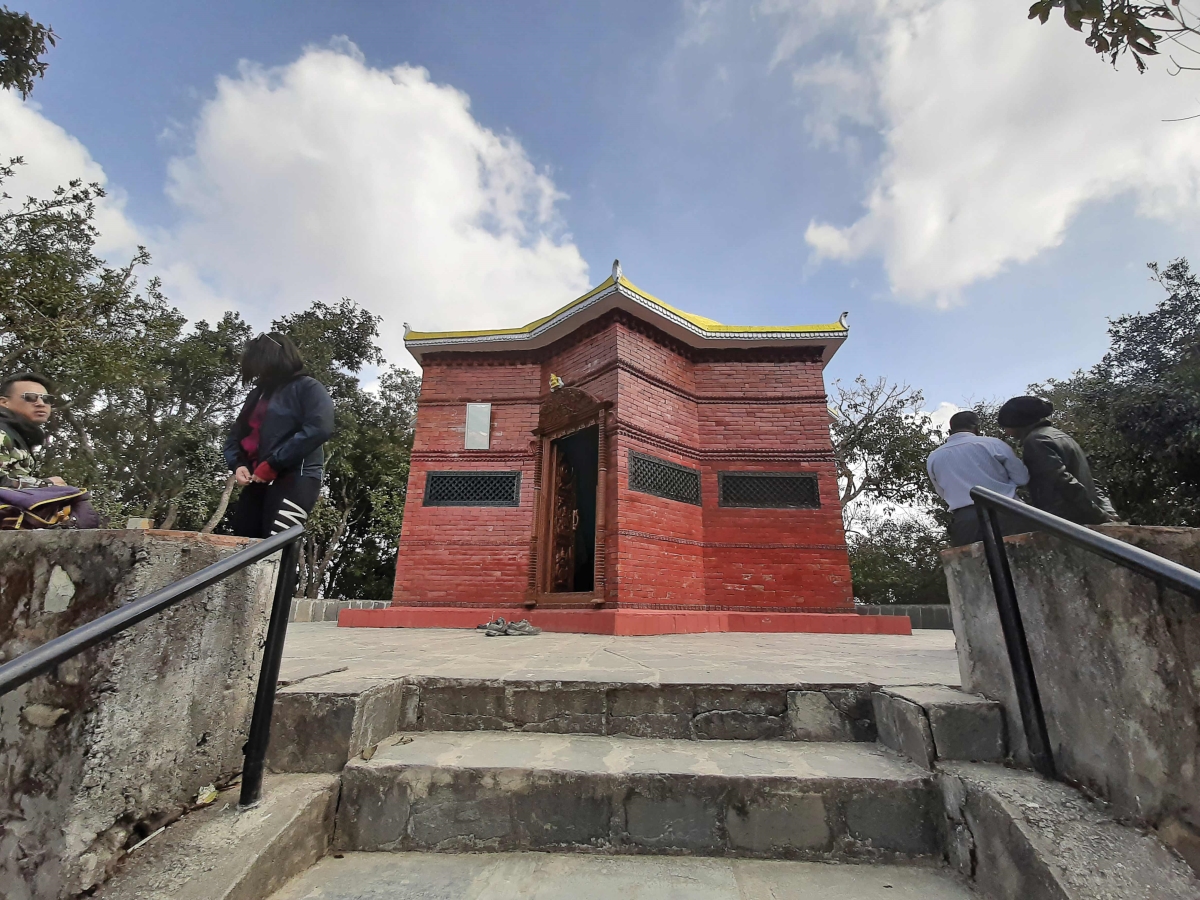There are writers, and then there are Writers! The one writes a few books that may garner some critical attention; the other creates a masterpiece, or two, or a dozen or more. Charles Allen is one of the latter, a Writer of well over a dozen historical books about life in India during the British Raj, as well as of Tibet and, soon, Nepal.
Born in Kanpur (in India’s Uttar Pradesh) to a British officer’s family, he represents the sixth generation of his kin who have lived and worked on the subcontinent. It is quite a legacy, and one that he has ably morphed into a stellar career as a South Asian historian. Charles Allen’s writing is insightful and captivating, not the dry kind of history that we read in school. He often reveals whole new perspectives on his subjects, like his critical take on the Younghusband expedition into Tibet in 1903-04, and the great importance he ascribes to the Nepalese Buddhist sites of Lumbini and Kapilvastu, which other historians have overlooked.
If you’ve read anything about the British Raj, or Tibet, you probably know one or more of Allen’s books. His latest is Kipling Sahib: India and the Making of Rudyard Kipling, 1865-1900. All are good reads.
On January 29th, Charles Allen spoke to a packed room at the Baithak Restaurant in Kathmandu’s Babar Mahal Revisited on the subject of ‘Buddha Rediscovered: How the Historical Roots of Buddhism were Rediscovered’. The audience was extremely appreciative of his description and interpretation of the unearthing early Buddhist sites, and of the challenge of writing history.
He told us some of the fascinating stories about how the linguistic and philosophical roots and archaeological remnants of Buddhism have been uncovered over the past two centuries, with special attention to the Buddha’s birthplace at Lumbini. He praised Nepal’s General Khadga Shamsher for finding the famous Ashokan Pillar at that site, and he castigated those Europeans who ignored all this and claimed such discoveries for themselves.
Allen also spoke of the importance of Kapilvastu, where Siddhartha was raised, just a few miles west of Lumbini. And he decried the attempt by Nepal’s southern neighbor to claim that Kapilvastu is actually on their side of the border. His talk was illustrated with a number of slides, including photos of a treasure trove of jewellry dating to ancient Kapilvastu.
All of this is the focus of Charles Allen’s next book, highlighting the significance of Nepal in the establishment of Buddhist roots in South Asia. He is tentatively entitling it Rediscovering the Buddha... We look forward to its completion, and its addition to our collection–another of the notable books by this eminent Writer of South Asian history.










